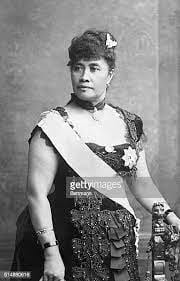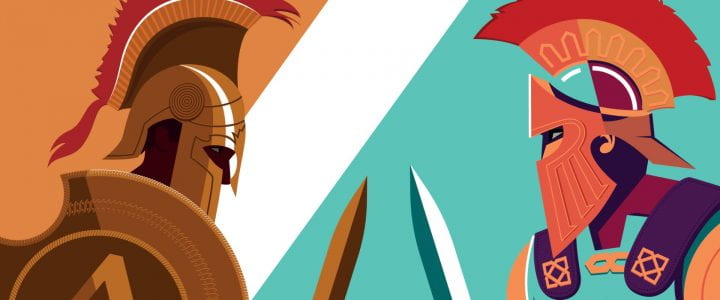Queen Liliuokalani
This story takes place in the Hawaiian monarchy on January 17th, 1893. This was the day Queen Liliuokalani was illegally overthrown by the U.S.

Credit:Encrypted
Beginning
The first known Hawaiian settlers date back as late as the 8th century until the 18th century. In 1830, the sugar industry was introduced by white missionaries and got really big in Hawaii. But in 1840, the same white missionaries created a constitutional monarchy that basically stripped the Hawaiian monarchy of their authority and power.
In the year 1887, Pearl Harbor was established as a naval base as part of a new Hawaiian constitution. White missionaries and businessmen impacted the social and economic culture of Hawaii very negatively. Almost all culture was prohibited. Meaning the natives weren’t allowed to teach the language or Hula dances. Then in 1891, Liliuokalani, the sister of late King Kalakaua, took the throne and refused to recognize the constitution established in 1887. Instead, she replaced it with a constitution that increased her own personal authority.
Leading Up To
There was a lot of tension between the kingdom of Hawaii and the white business men/missionaries for quite some time. Between the white people trying to replace the government and the Hawaiin’s not taking any of it, there was a lot of unresolved political tension. Then, in January of 1893 Stanford B. Dole created the “Committee of Safety” and staged a coup(a sudden, violent, and unlawful seizure of power from a government) against the Queen.
A team of 13 caucasian missionaries/businessmen forced the queen to abdicate (renounce the throne) on January 17th. If queen Liliuokalani hadn’t decided to abdicate, there was a very big threat of bloodshed. She once stated, “I have pursued the path of peace and diplomatic discussion, and not that of internal strife.”She chose the peaceful way out.
Forever Queen
Queen Liliuokalani was extremely against the annexation of her land. She thought, “Hawaii for the Hawaiians.” which is pretty self explanatory. The land of Hawaii was for the people of Hawaii. She wasn’t being a nationalist, she was simply a devoted and loving queen. Liliuokalani wrote the song Aloha ‘oe, for those that don’t know in the Disney movie “Lilo and Stitch” this is the song that Nani sings to Lilo the night before she is to be taken away from Nani. It is a melancholy song of goodbye and until we meet again. The lyrics read:
| Haʻaheo e ka ua i nā pali | Proudly swept the rain by the cliffs |
| Ke nihi aʻela i ka nahele | As it glided through the trees |
| E hahai (uhai) ana paha i ka liko | Still following ever the bud |
| Pua ʻāhihi lehua o uka | The ʻāhihi lehua of the vale |
| Hui: | Chorus: |
| Aloha ʻoe, aloha ʻoe | Farewell to thee, farewell to thee |
| E ke onaona noho i ka lipo | The charming one who dwells in the shaded bowers |
| One fond embrace, | One fond embrace, |
| A hoʻi aʻe au | Ere I depart |
| Until we meet again | Until we meet again |
| ʻO ka haliʻa aloha i hiki mai | Sweet memories come back to me |
| Ke hone aʻe nei i | Bringing fresh remembrances |
| Kuʻu manawa | Of the past |
| ʻO ʻoe nō kuʻu ipo aloha | Dearest one, yes, you are mine own |
| A loko e hana nei | From you, true love shall never depart |
| Tomago: | Refrain: |
| Maopopo kuʻu ʻike i ka nani | I have seen and watched your loveliness |
| Nā pua rose o Maunawili | The sweet rose of Maunawili |
| I laila hiaʻai nā manu | And ’tis there the birds of love dwell |
| Mikiʻala i ka nani o ka liko | And sip the honey from your lips |
| Hui | Chorus |
There are many different backstories as to why and who she wrote the song about. But given the historical context, this song is to the people and is a huge part of Hawaiian culture.
Farewell
Queen Liliuokalani was a great ruler. Loved by her people, such a smart woman. The events that happened to her during her rule were cruel. Nevertheless, she was remarkable and shall forever be remembered. Aloha ‘oe, until we meet again.

Credit:Encrypted


